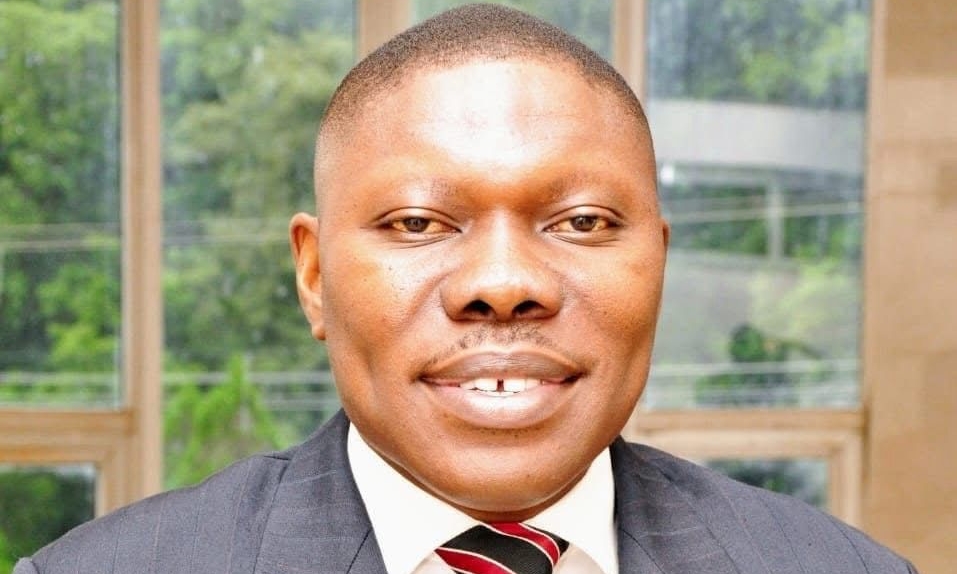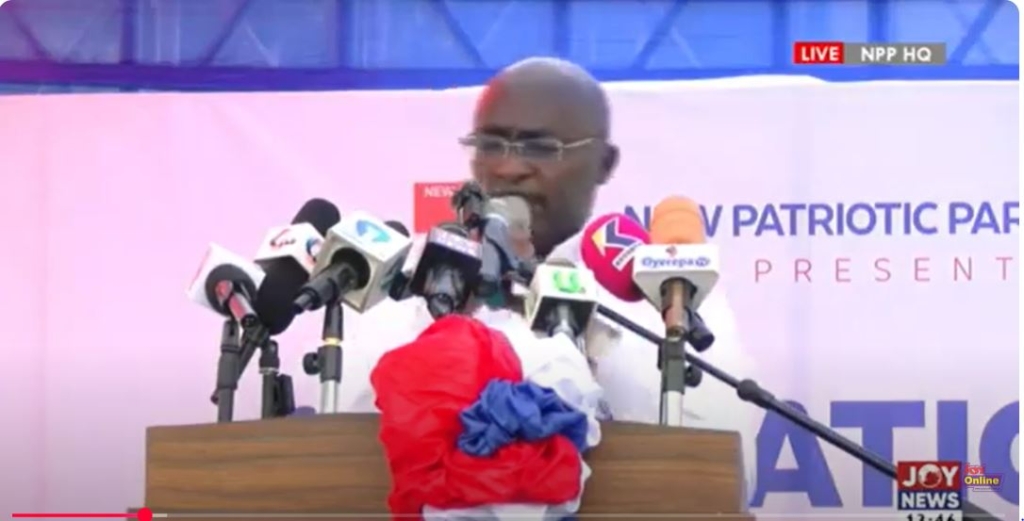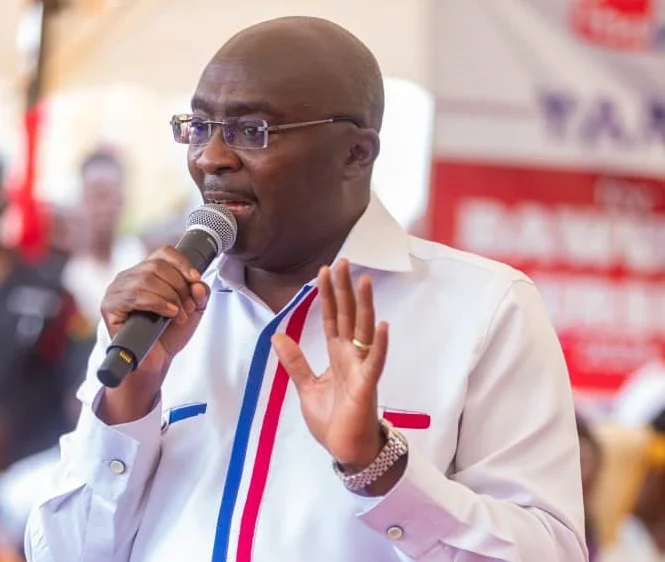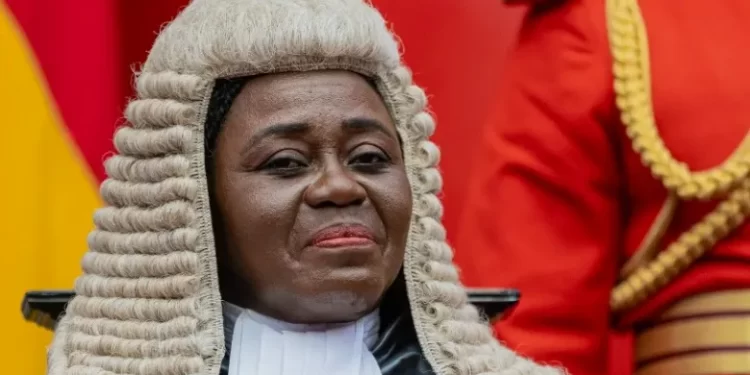Abraham Paa Brew-Sam, Esq.
Treason is universally acknowledged as one of the most serious offences against the state, often attracting the harshest of penalties. In Ghana, both the Constitution and statutory law attempt to address this grave offence.
However, a close examination of Ghana’s laws reveal a significant gap in the enforceability of the offence of treason as distinct from high treason. This article critically analyses whether treason is an offence in Ghana, given the constitutional and statutory inconsistencies, and the overarching requirements of Article 19 (11) of the 1992 Constitution.
The 1992 Constitution attempts to create the offence of treason under Article 19 (17). The provision proscribes three acts as constituting the offence of treason. These include levying war against Ghana, assisting any person or persons to levy war against Ghana, or violating any provision of this Constitution declared by Parliament to be treason.
This provision clearly defines the offence of treason. It restricts the scope of treason to three distinct actions, offering constitutional clarity and avoiding expansive or vague interpretations of the crime. However, Article 19 (17) of the 1992 constitution fails to state the punishment for the offence of treason.
Despite the clarity of Article 19 (17), the Constitution does not prescribe a penalty for treason. This absence becomes significant when read alongside Article 19 (11) of the 1992 Constitution, which codifies the principle of legality in Ghana’s criminal law regime. Article 19 (11) states as follows: “No person shall be convicted of a criminal offence unless the offence is defined and the penalty for it is prescribed in a written law.” Article 19 (11) means that for any offence, including treason, to be prosecutable, three elements must exist. First, the offence must be stated in a written law; second, the offence must be defined in a written law; and lastly, the punishment for the offence must also be stated in a written law.
This is a known doctrine of criminal law called the Principle of Legality. This doctrine is enshrined in the 1992 Constitution under Article 19 (11). Although Article 19 (17) satisfies the first and second requirements of the Principle of legality by defining treason, it fails to meet the third requirement, as it does not prescribe any punishment. Thus, treason under the 1992 Constitution is currently unenforceable under the principle of legality.
The Criminal Offences Act, 1960 (Act 29) also attempts to provide a penalty for treason under Section 180, which states: “Whoever commits treason as defined in article 3 (3) of the 1992 Constitution shall be guilty of the offence and liable to suffer death.”
However, this provision is flawed. It erroneously refers to: “… treason as defined in Article 3 (3) of the 1992 Constitution.” But Article 3 (3) of the Constitution creates exclusively the offence of high treason, not treason.
Article 3(3) of the 1992 Constitution provides: “…any person who by himself or in concert with others by any violent or other unlawful means, suspends or overthrows or abrogates this Constitution or any part of it, or attempts to do any such act… commits the offence of high treason.” Therefore, Section 180 misidentifies the source of the definition of treason, effectively leaving treason as defined in Article 19 (17) without any valid punishment.
Given the above, the legal consequences are significant. First, treason as an offence in Ghana is stated and defined in the Constitution under Article 19 (17). Second, no proper punishment is attached to that definition in any written law. Third, the only punishment provision under the laws of Ghana, Section 180 of Act 29, is inapplicable to treason as it wrongly references the wrong constitutional article as its definition. Therefore, no person can lawfully be convicted or sentenced for treason in Ghana under the country’s current criminal law regime. This conclusion is squarely in line with Article 19 (11) of the 1992 Constitution. The courts in Ghana are bound to uphold the constitutional protection that no offence is valid without both a definition and a penalty. To convict a person for treason, in the absence of a properly prescribed punishment, would violate the accused’s constitutional rights and render any conviction void.
While treason remains unenforceable in Ghana for now, high treason is both clearly defined under Article 3 (3) of the 1992 Constitution, with its punishment expressly stated under the same law and section 180 of the Criminal Offences Act, 1960 (Act 29). Article 3 (3) states that any person who, by himself or in concert with others, by any violent or other unlawful means, seeks to overthrow the Constitution or the constitutional order commits the offence of high treason. The punishment provided under the Constitution and Act 29 for high treason is death penalty. Thus, prosecutions for high treason remain constitutionally and statutorily valid.
From the above, it is evident that high treason and treason are two distinct offences under Ghana’s Criminal laws. The current situation reveals a deeper problem, which is, there is no legislative provision giving life to the offence of treason as contemplated under Article 19 (17). This creates a huge lacuna in the law.
In conclusion, the offence of treason is stated and defined under the laws of Ghana. However, in the absence of a validly prescribed penalty, in line with Article 19 (11) of the 1992 Constitution, no one can currently be lawfully convicted or punished for it. This situation calls for urgent legislative reform. Parliament must amend Section 180 of Act 29 to correctly reflect the constitutional distinction between treason and high treason. The Constitutional Review Committee must, as part of its recommendations, recommend that a punishment be prescribed for treason as defined under Article 19 (17).
Until such reforms are made, treason remains an unenforceable offence, existing only in name but lacking the legal machinery for prosecution and punishment.
–
By: Abraham Paa Brew-Sam, Esq. (B.Ed.; LLB; QCL; LLM)
Email: paabrewsam@gmail.com
DISCLAIMER: The Views, Comments, Opinions, Contributions and Statements made by Readers and Contributors on this platform do not necessarily represent the views or policy of Multimedia Group Limited.






















